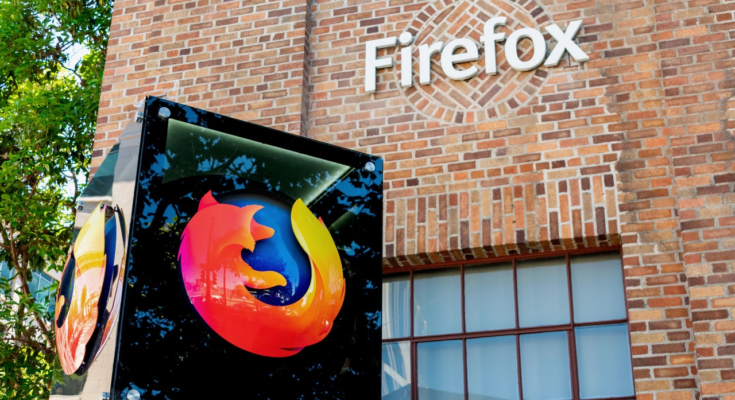“Once lost, users hardly come back until there’s a compelling reason, and what would that compelling reason be?” says Bart Willemsen, a VP analyst focusing on privacy at Gartner. Willemsen says he has been a Firefox user since its earliest days. “I think Firefox really has a challenge to find a unique position—not only in marketing statements, but in their absolute product—and go in one direction,” he says.
For Deckelmann, making Firefox more personalized is key. She says this includes trying to increase the browser’s functionality to fit in with people being online more. “It’s almost impossible now for people to manage all this information,” Deckelmann says. For instance, last year Firefox revamped its homepage to allow people to pick up previously abandoned searches and unfinished articles. It redesigned its Android app and added features from its password manager to the Firefox app. Mozilla has also been focusing on partnerships, including recently working with Facebook parent company Meta to push for more privacy-focused advertising.
Deckelmann says Firefox is likely to continue looking for ways to keep personalizing people’s online browsing. “I’m not sure that what’s going to come out of that is going to be what people traditionally expect from a browser, but the intention will always be to put people first,” she says. Just this week, Firefox announced a partnership with Disney—linked to a new Pixar film—that involves changing the color of the browser and ads to win subscriptions to Disney+. The deal speaks both to Firefox’s personalization push and the strange roads its search for revenue streams can lead down.
Deckelmann adds that Firefox doesn’t need to be as big as Chrome or Apple’s Safari, the second largest browser, to succeed. “All we really want is to be a viable choice,” Deckelmann says. “Because we think that this makes a better internet for everybody to have these different options.”
Despite some of its misses, Firefox still matters. Mozilla is pushing companies to be more private, and its key product is different at its core. The browser market is dominated by Google’s Chromium codebase and its underlying browser engine, Blink, the component that turns code into visual web pages. Microsoft’s Edge Browser, Brave, Vivaldi, and Opera all use adapted versions of Chromium. Apple makes developers use its WebKit browser engine on iOS. Other than that, Firefox’s Gecko browser engine is the only alternative in existence.
“This market needs variety,” Willemsen says. If Firefox diminishes further, there’ll be less competition for Chrome. “We need that difference for open internet standards, for the sake of preventing monopolies,” Willemsen says. Others agree. Everyone we spoke with for this story—inside and outside of Mozilla—says having Firefox flourish makes the web a better place. The trick is figuring out how to get there.
More Great WIRED Stories



